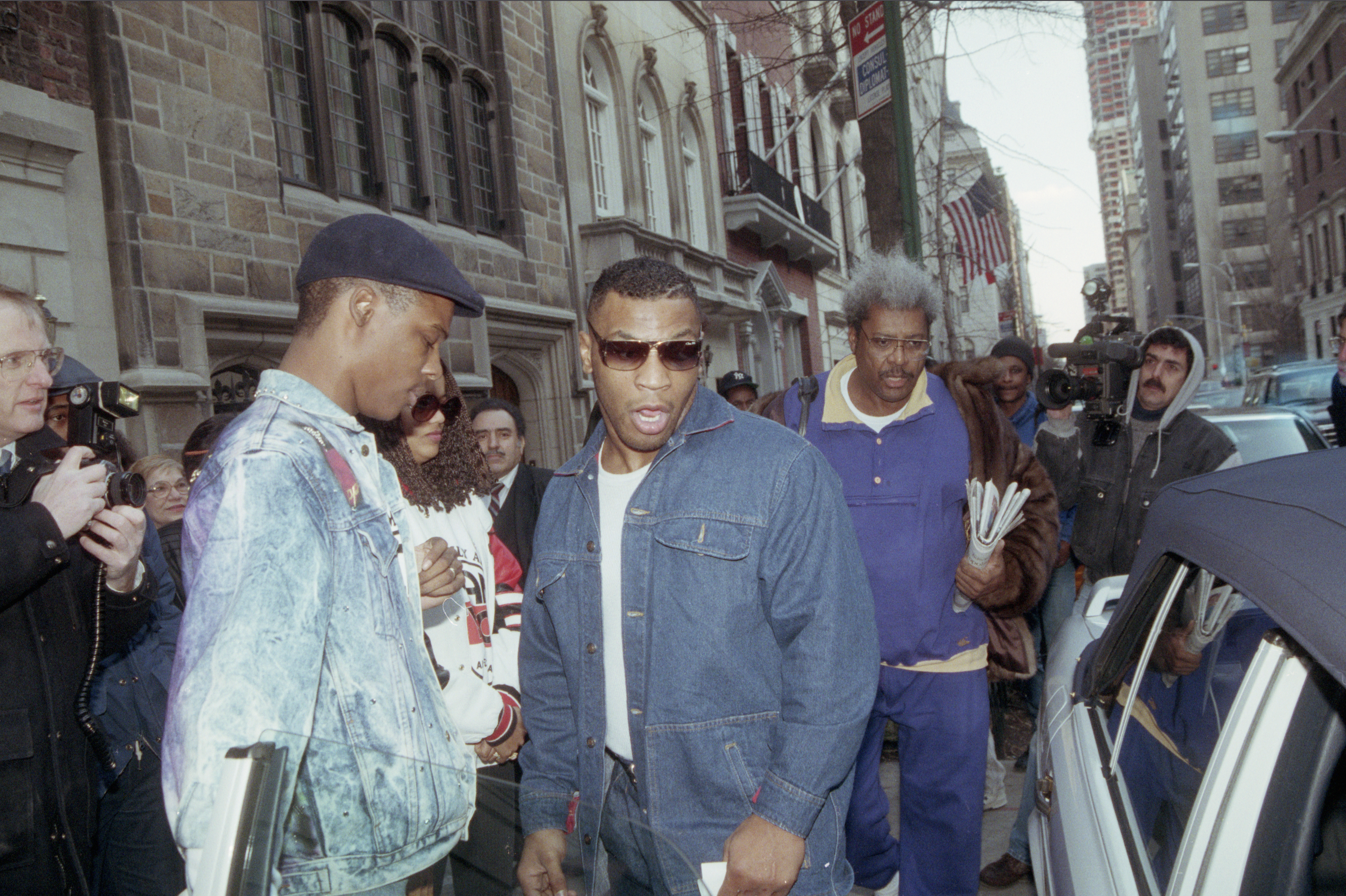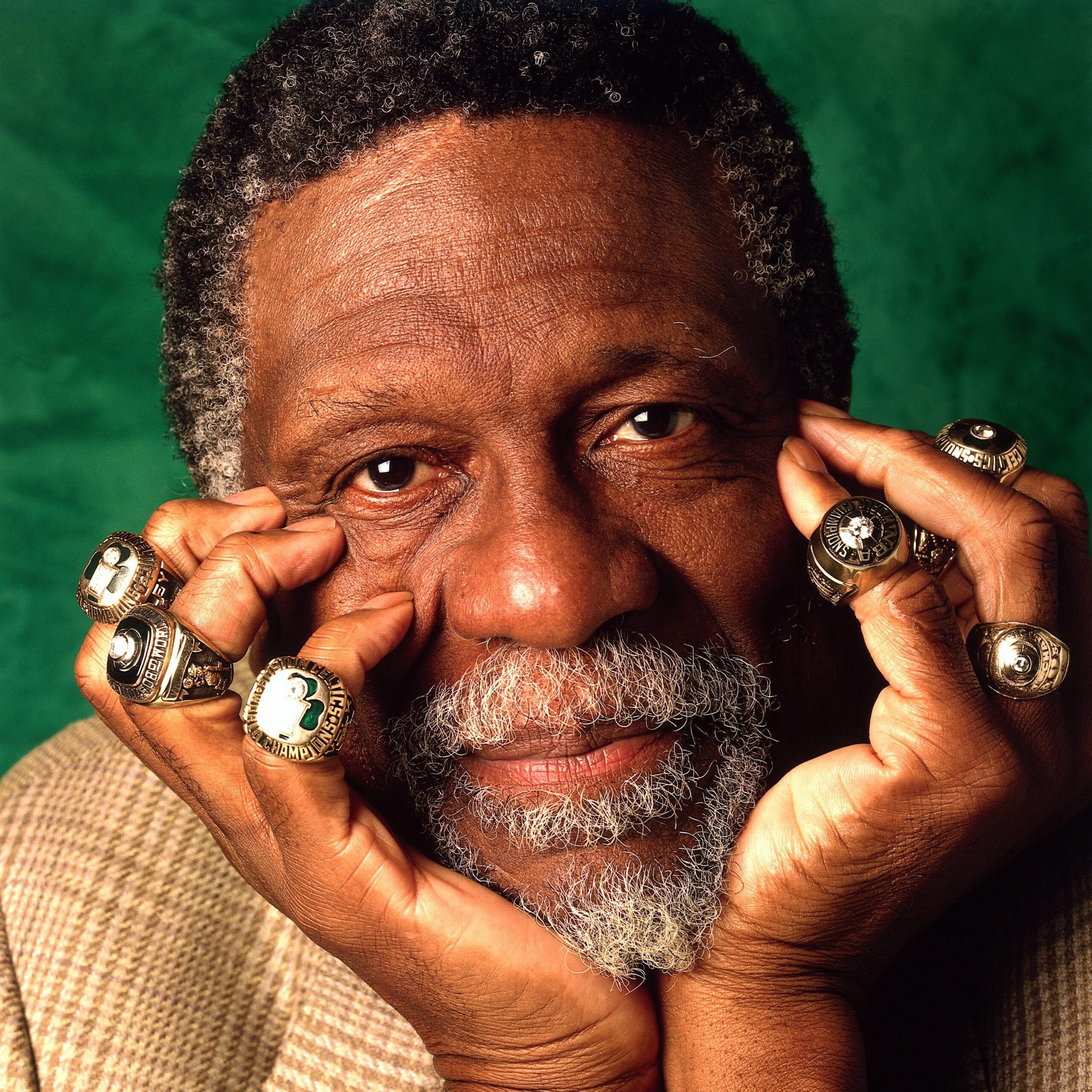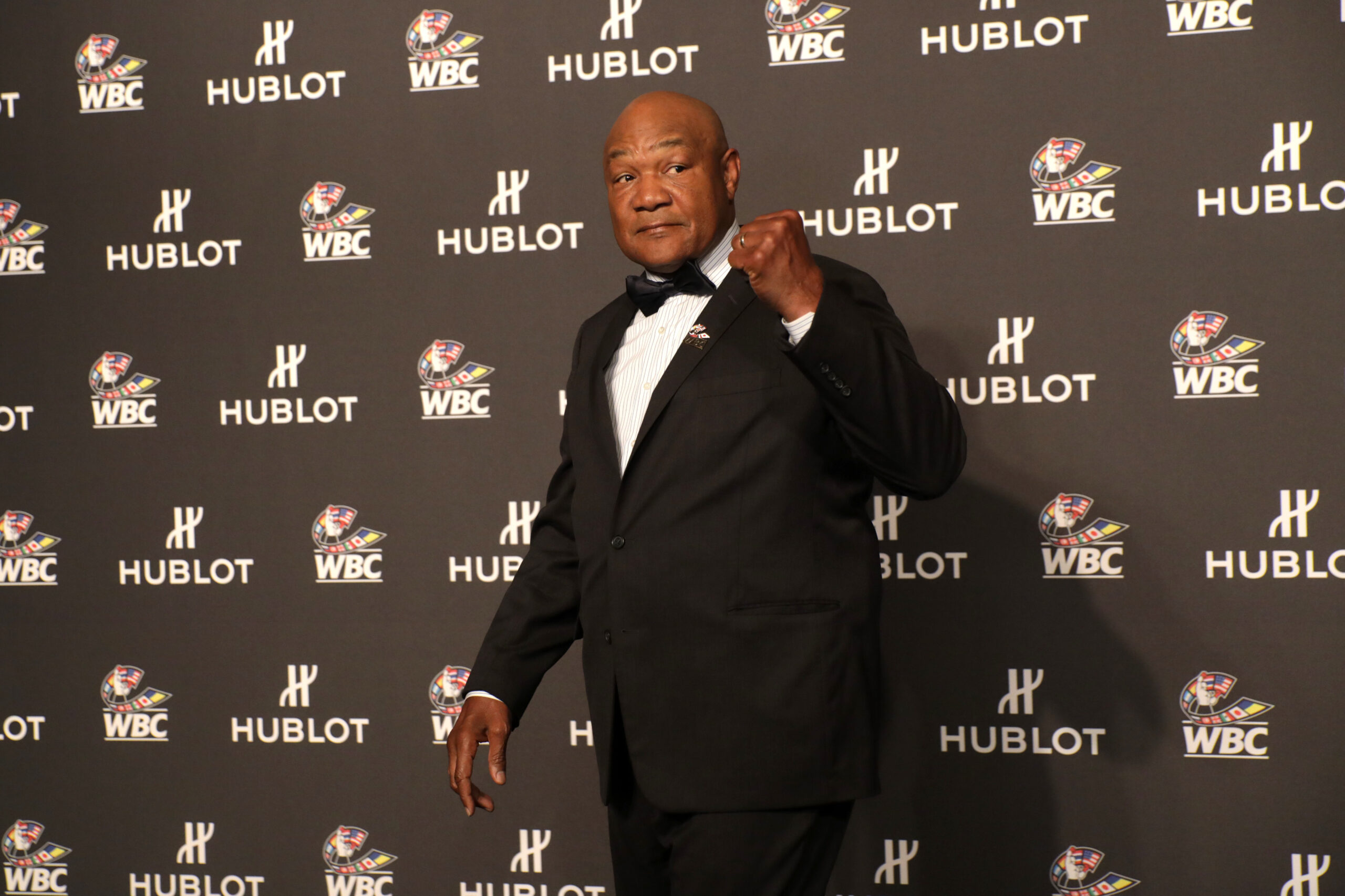On October 30th, 1974 in the area formerly known as Kinshasha, Zaire at 4:00 am, legacies were formed and career timelines shifted in one singular boxing event.
The Rumble in The Jungle catapulted the young lion in George Foremen against the original and more ferocious Colin Kaepernick in Muhammad Ali in a fight for the ages. After losing the NABF heavyweight title to Ken Norton in 1973, Ali racked up three wins in a row with the last being a unanimous decision win over Joe Frazier to gain back the NABF title.
This set up a battle against “Big” George Foreman, who was 40-0 at the time and knocking out almost all comers. As a 1968 Olympic gold medalist, Foreman was a reformed street kid from Houston, Texas using his fists to get rich rather than committing petty crimes.
It took him only two rounds to knock out Joe Frazier and his reputation as a feared, heavy-handed heavyweight was at an all-time high.
George Foreman vs Muhammad Ali – Oct. 30, 1974 – Entire fight – Rounds 1 – 8 & Interview
George Foreman vs Muhammad Ali – George Foreman defends the Heavyweight Championship of the World for the third time against former Champion, Muhammad Ali. Ali at 32, had been given little change against the fearsome puncher who had knocked out both Frazier and Norton, whom both had beaten ali in the past, in 2 rounds.
Don King was the lucky promoter to land the monumental fight, besting others by convincing the African country to put up the $10 million purse for the bout. This was a historic high at the time and began King’s legacy as the most Machiavellian promoter in boxing history.
Rewind the clock back to 1960 when Mobutu Sese Seko took power of the Democratic Republic of the Congo from then nationalist party leader Patrice Lumumba. Through corruption, authoritarianism, and more, Mobutu initiated what would become a three-decades long rule of fear and greed that was cloaked in the marketed fight to rid Africa of European influence.
However, Mobutu enjoyed his great relationships with the United Nations, Europe, and the United States and wanted his country to be seen as the next great economic powerhouse. It was this ambition that created the lane for Don King to bring “The Rumble In The Jungle”there.
For much of 1974, Foreman and Ali trained in Zaire, getting acclimated. The fight was originally set to happen on September 25, but Foreman was cut near his right eye during training by sparring partner Bill McMurray and the date pushed back to October 30. The championship was scheduled for 4:00 am local time in order to appear on live United States closed-circuit television at 10 pm EST.
A three-night-long music festival to hype the fight, Zaire 74, took place as scheduled from September 2224, including performances by James Brown, Celia Cruz and the Fania All-Stars, B.B. King, Miriam Makeba, The Spinners, Bill Withers, The Crusaders, and Manu Dibango.
The event was documented in the 2008 film Soul Power.
James Brown “Soul Power” live in Kinshasa Zaire, 1974.9
JB is really HOT!
Ali had defied the U.S. draft service and popular culture by refusing induction in 1967 and returned to boxing in 1970 after the U.S. Supreme Court ruled his boxing license revocation unconstitutional. By the time Ali and Foreman met, the people of Zaire already viewed him as a hero for standing up to his beliefs and created the chant to support their hero of “Ali Bomaye” or “Ali kill him!”
However, when the two finally met in the ring, it was Ali that looked like he was getting killed as he initiated a move that at the time most boxing pundits viewed as pure crazy, the rope-a-dope. This plan was not shared with his trainer Angelo Dundee and was executed at severe personal risk to Ali. But nontheless, it involved being battered by the champion round after round to tire him out.
Foreman spent his energy throwing punches that either did not land or were deflected in a way that made it difficult for Foreman to hit Ali’s head, while sapping the big man’s strength due to the large number of punches he threw. The genius portion was that Foreman earned very little to no points during the barrage and Ali capitalized on the champion’s empty gas tank.
Ali vs Foreman – Ali Bomaye, Ali Bumaye
Ali vs Foreman, Ali Bomaye, George Foreman vs Muhammad Ali – Oct. 30, 1974
Ali took every opportunity to work the jab and when locked in the clinch, he consistently out-wrestled Foreman, further zapping his energy by leaning his weight on him.
Ali’s epic trash talk was on display as he constantly taunted Foreman during these interactions using the clinch to tell him to throw more punches or how ineffective he felt he was. Foreman, enraged, responded by doing just that, furthering Ali’s campaign of fatigue.
In the eighth round, Foreman’s punching and defense became ultimately ineffective and the rope-a-dope strategy had finally taken its toll. As Foreman tried to pin him on the ropes, Ali began to land several right hooks over Foreman’s jab, followed by a five-punch combination, and culminating in a left hook and straight hard right causing Foreman to stumble to the canvas.
The world couldn’t believe it and the crowd inside the 20th of May Stadium went crazy for their hero. As Foreman finally rose at the count of nine, referee Zack Clayton stopped the bout with two seconds remaining in the round at 2:58. At the time of the stoppage, Ali was leading on all three scorecards by 68-66, 70-67 and 69-66.
Ali gained the WBA, WBC, The Ring, and lineal heavyweight titles, walking back the decision against him due to his religious and political beliefs about the Vietnam War. The victory showed the world his tactical genius and furthered his legacy as one of the best boxers to ever live off of political conviction, athletic prowess at his advanced age and, strategic wizardry that defines the term ring generalmanship.
After finishing the first half of his career at 28 years old and 45-2, George Foreman went on to have a robust second career at 38 years old, eventually going 76-5 and reclaiming the heavyweight title with a 10th round knockout over Michael Moorer, the George Foreman of his day, at 45 years old to capture the WBA, IBF, and lineal heavyweight world championship.
Don King went on to helm the careers of “Iron” Mike Tyson, Larry Holmes and Ricardo Mayorga, becoming a pop culture icon and athletic cautionary tale. Kin still promotes fighters and former heavyweight champion Bermane Stiverne is the star of the stable.
The Rumble in the Jungle is the perfect storm of brilliance, global flux and sensationalism all in one. It is a legacy that will never die and we celebrate it today.



